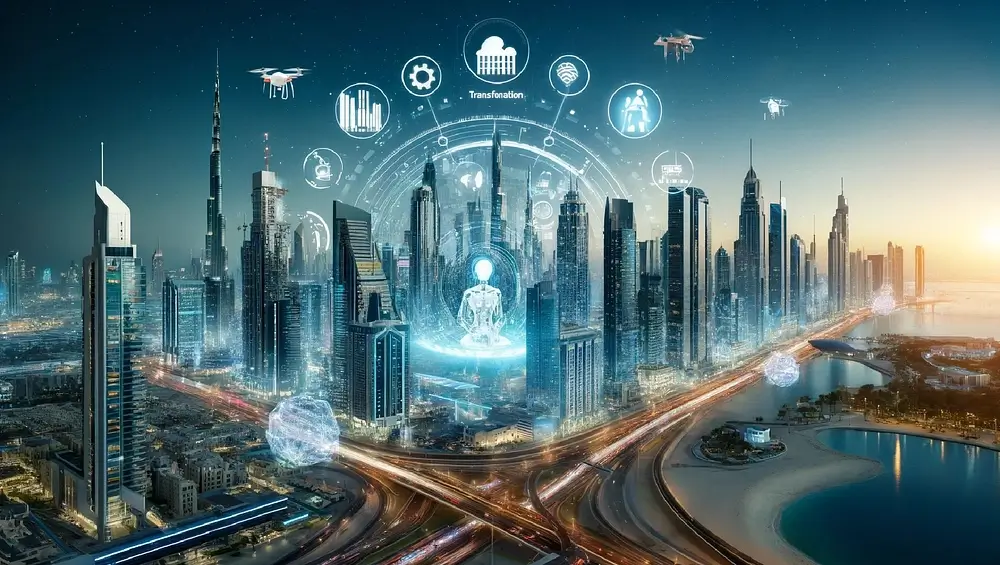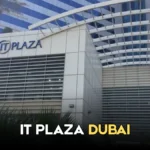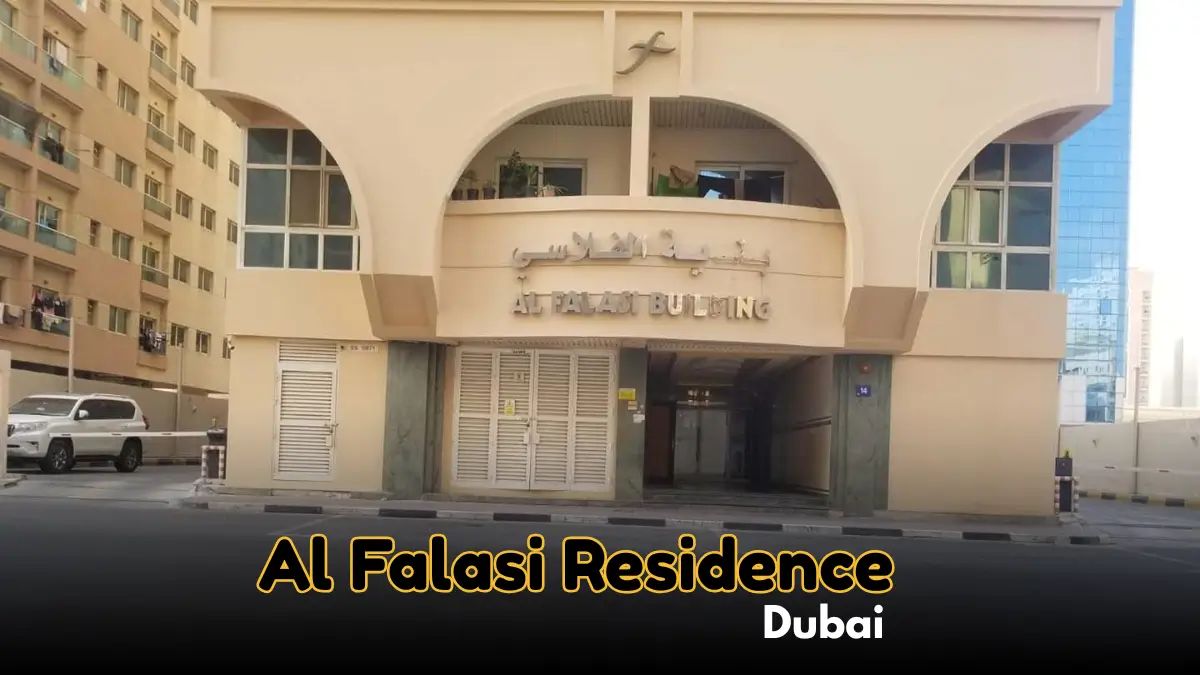The Dubai real estate environment has been associated with creativity and aspiration. The emirate has been transforming the urban way of life with record-breaking skyscrapers and man-made islands. However, the newest change is not architectural, but digital. Another new flow of Property Technology (PropTech) is changing the way developments are planned, constructed, sold, and managed. This development is defining the future of the projects in Dubai, creating new international standards in smart living and sustainable development.
Understanding PropTech and Its Global Impact
PropTech is the concept of using modern technologies, like Artificial Intelligence (AI), Blockchain, Internet of Things (IoT), and Virtual Reality (VR), in the operation of property management and real estate. PropTech has transformed the way individuals purchase, rent, and invest in real estate worldwide. However, Dubai is moving in this direction to the next level by making innovation a part of its real estate ecosystem DNA.
The city is developing into a global experimental location for futuristic housing ideas and data-driven development with the help of such initiatives as the Dubai 2040 Urban Master Plan and the Smart Dubai program. These initiatives have made sure that PropTech is not just an addition, but the backbone of how the communities of tomorrow will operate.
Blockchain: Revolutionizing Transparency and Transactions
One of the most radical technologies in Dubai’s property market is blockchain. Real estate deals have traditionally been characterized by extensive paperwork, intermediaries, and fraud risks. Blockchain eradicates these bottlenecks by using open and cryptographic digital registries.
Developers are adopting blockchain-based smart contracts to automate sales agreements, escrow payments and title transfers. This drastically reduces human error and enhances buyer confidence crucial for international investors exploring projects in Dubai. Tokenization, another blockchain innovation, allows investors to own fractions of high-value properties, expanding access to luxury assets that were once out of reach.
Artificial Intelligence: Powering Smarter Decisions
The use of AI is changing the way developers and investors understand markets, forecast trends, and customize customer experiences. Machine learning algorithms are capable of assessing millions of data points, such as pricing trends, demand patterns, and consumer preferences, to make strategic decisions.
For example, developers can calculate the optimal proportion of units to include in a new residential project or determine which neighborhoods are most lucrative for future expansion. Customer interactions are also becoming easier with AI-driven chatbots and virtual assistants, which respond to queries and provide guidance on purchasing processes 24/7.
These AI systems assist firms in providing a smoother, data-driven approach to real estate, ensuring that every investment in Dubai’s projects aligns with market realities and consumer demand.
Virtual Reality and Augmented Reality: Redefining Property Exploration
Gone are the days when buyers physically visited a property to make a decision. VR and AR have created an opportunity that allows potential investors to visit homes and communities worldwide in amazing detail.
Immersive 3D walkthroughs, drone shots, and augmented maps are used by developers to demonstrate amenities, room sizes, and design finishes. For foreign investors, this innovation helps narrow the physical distance between the idea and the actual property.
VR is particularly useful in off-plan developments. Buyers can see future projects long before they are ready, accelerating pre-sales and creating buyer confidence.
Internet of Things (IoT): Making Smart Homes Smarter
Dubai’s luxury properties are increasingly adopting IoT solutions that connect appliances, lighting, climate systems and security devices through centralized networks. These smart homes respond to user behavior adjusting temperatures automatically, turning off lights when rooms are unoccupied or alerting owners to maintenance needs.
IoT also plays a role at the unit level. Entire communities are being built with integrated infrastructure, optimizing water consumption, waste management, and energy efficiency. These smart ecosystems improve residents’ comfort and align with Dubai’s long-term sustainability goals for 2030 and beyond.
IoT integration provides long-term value to developers by reducing operational costs and improving the performance of assets.
Big Data and Predictive Analytics: Building for the Future
The modern world of property development is driven by data. Predictive analytics enables developers to predict buyer trends, understand underserved areas, and assess risk more accurately than ever before.
Using big data, property consultants can recommend the most lucrative pricing models, while city planners ensure developments meet local needs. This shift from gut-driven to evidence-driven planning is crucial in Dubai, where accuracy and efficiency are key to success.
Green Tech and Sustainability in PropTech
PropTech is driving Dubai’s shift toward environmentally-friendly living as climate issues become more prominent. High-end developments now include smart meters, energy-efficient HVAC systems, and sustainable materials as standard.
AI and IoT technologies track real-time energy usage and optimize resource utilization, decreasing carbon footprints on a community-wide scale. These technological advancements are essential in a city determined to become net-zero in terms of emissions by 2050.
Several eco-certified projects, combining luxury, comfort, and environmental responsibility, are already available to investors interested in sustainable developments in Dubai.
Cloud-Based Management Platforms: Simplifying Ownership
Cloud platforms are simplifying property management after purchase. Rent collection and maintenance scheduling are all done online, providing real-time insights into property performance for both tenants and landlords.
For developers, these platforms reduce administrative expenses and improve customer satisfaction. The result is a more dynamic, responsive, and lucrative real estate ecosystem that aligns with the fast-paced living in Dubai.
Opportunities and Challenges Ahead
While PropTech has immense potential, it also brings new challenges. Data security, regulatory compliance, and integration costs are still major concerns for developers and government organizations. Nonetheless, Dubai is taking the initiative, especially with the creation of regulatory sandboxes for blockchain and AI, which are mitigating these risks.
The collaboration of developers, tech firms, and policymakers will be key to ensuring that innovations contribute to both economic and societal objectives.
The Road Ahead for Dubai’s PropTech Ecosystem
Dubai is already a symbol of innovation, and its PropTech development will establish it as a digital real estate leader. The combination of forward-thinking management, effective regulation, and the adoption of new technologies will serve as a global prototype for other cities.
PropTech will continue driving Dubai’s development as more investors look to add properties to their portfolios and embrace digital property assets. Physical and digital real estate will seamlessly integrate in the coming decade, whether through blockchain-secured property, AI-driven insights, or smarter living through IoT.
For buyers and investors considering doing business in Dubai, it is clear that technology, transparency, and innovation will define the future of real estate. Dubai is not just following the PropTech revolution; it is leading it.






